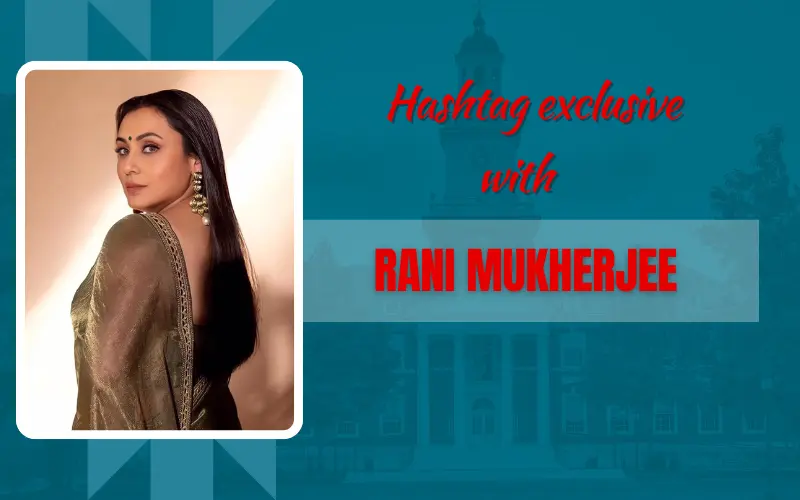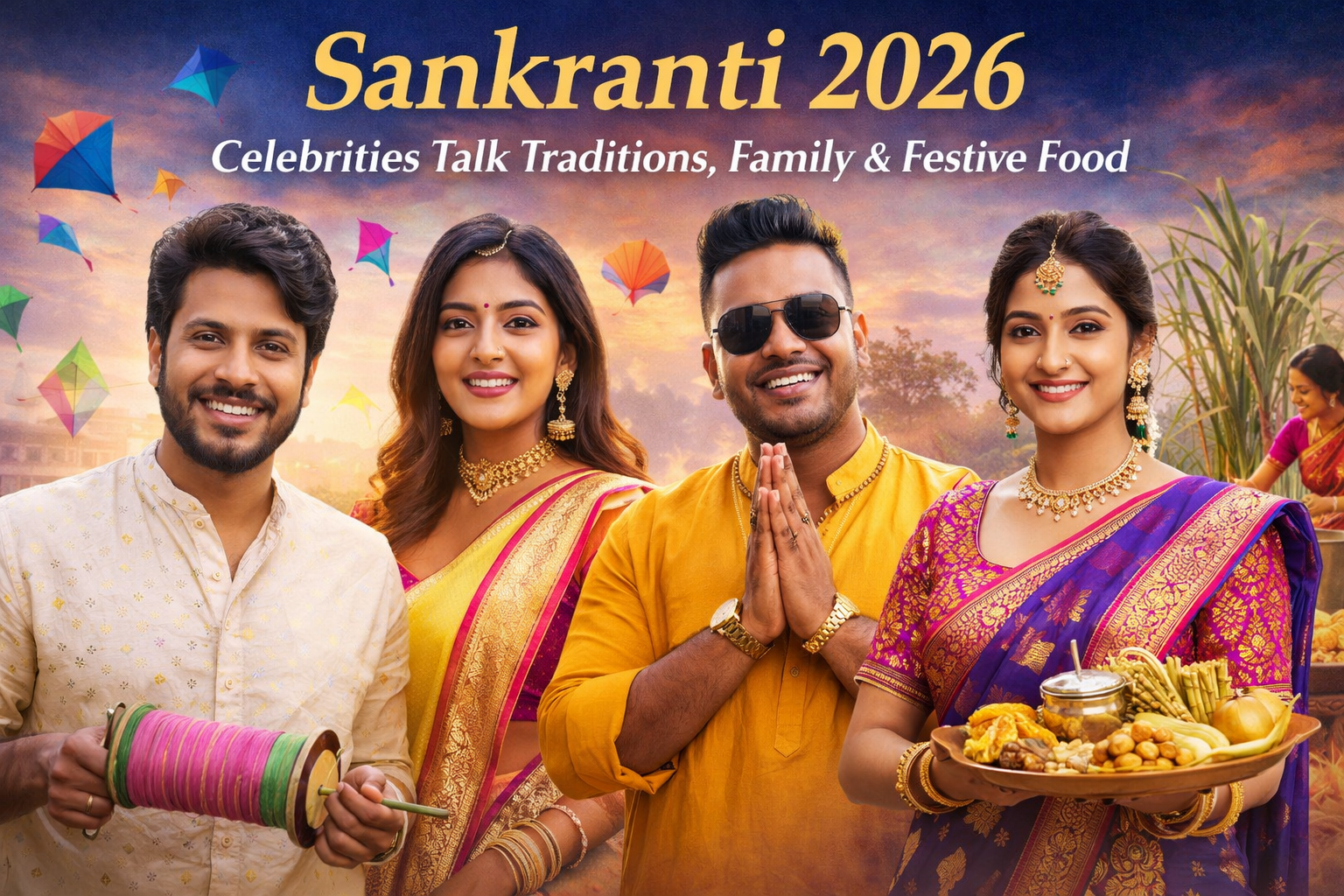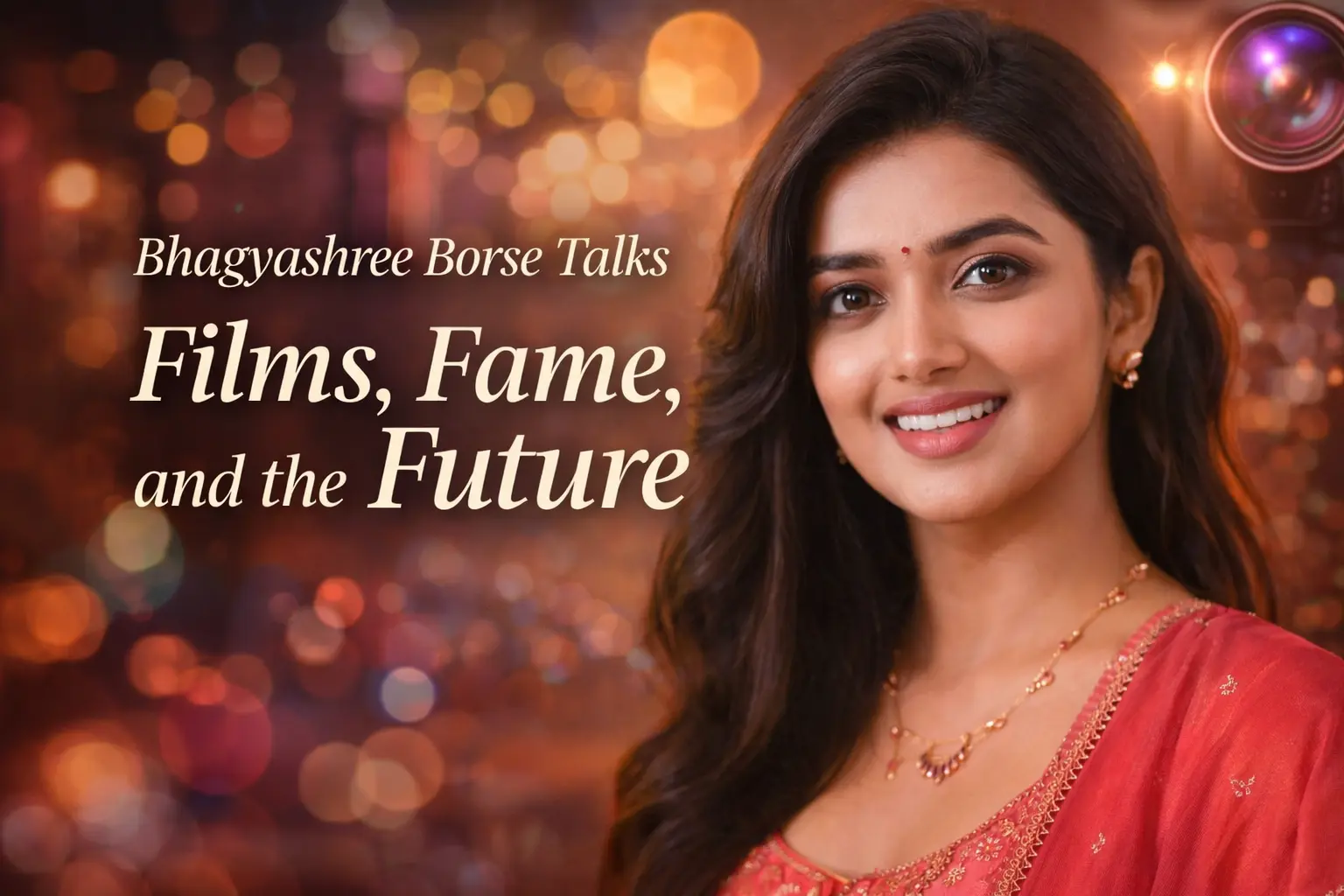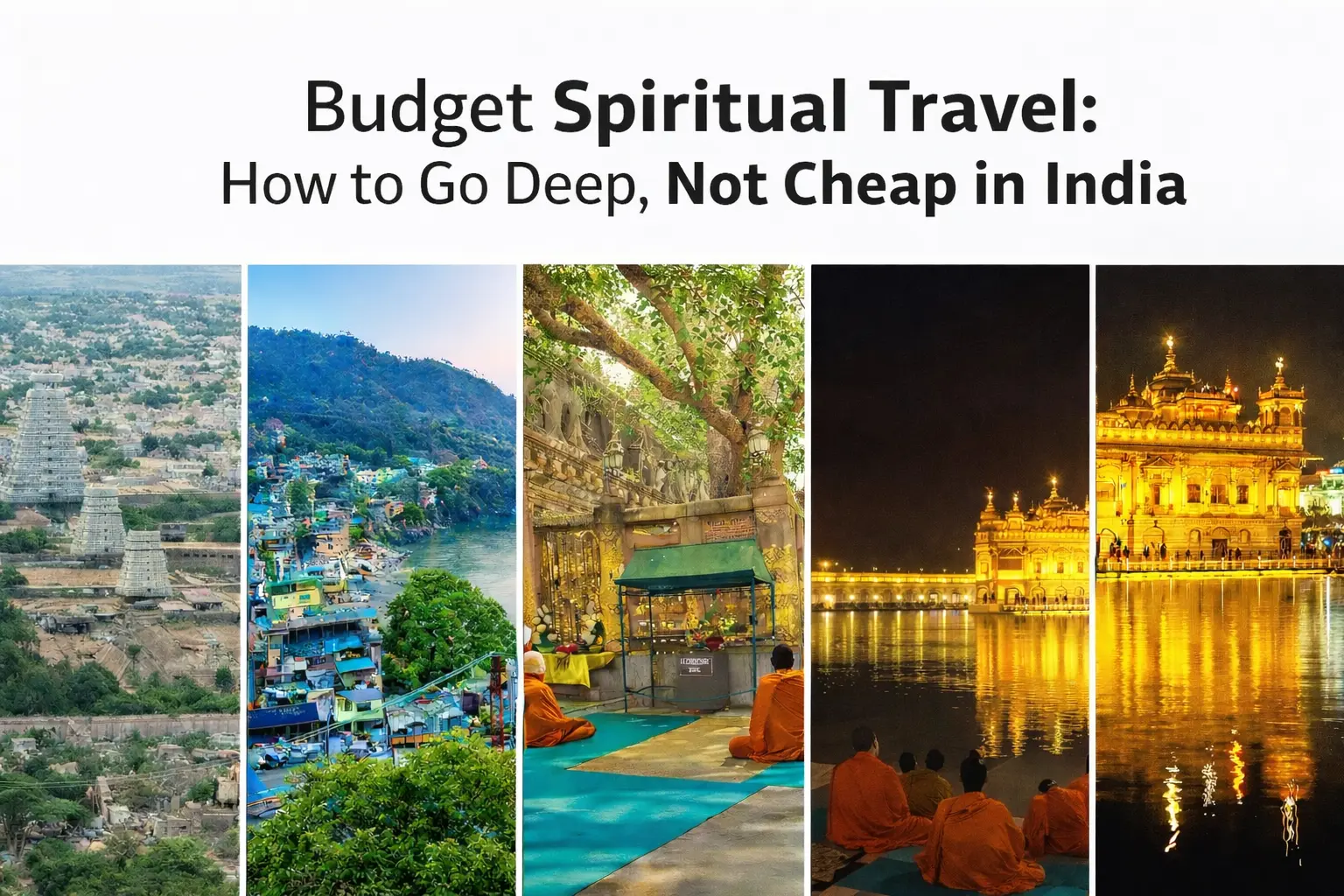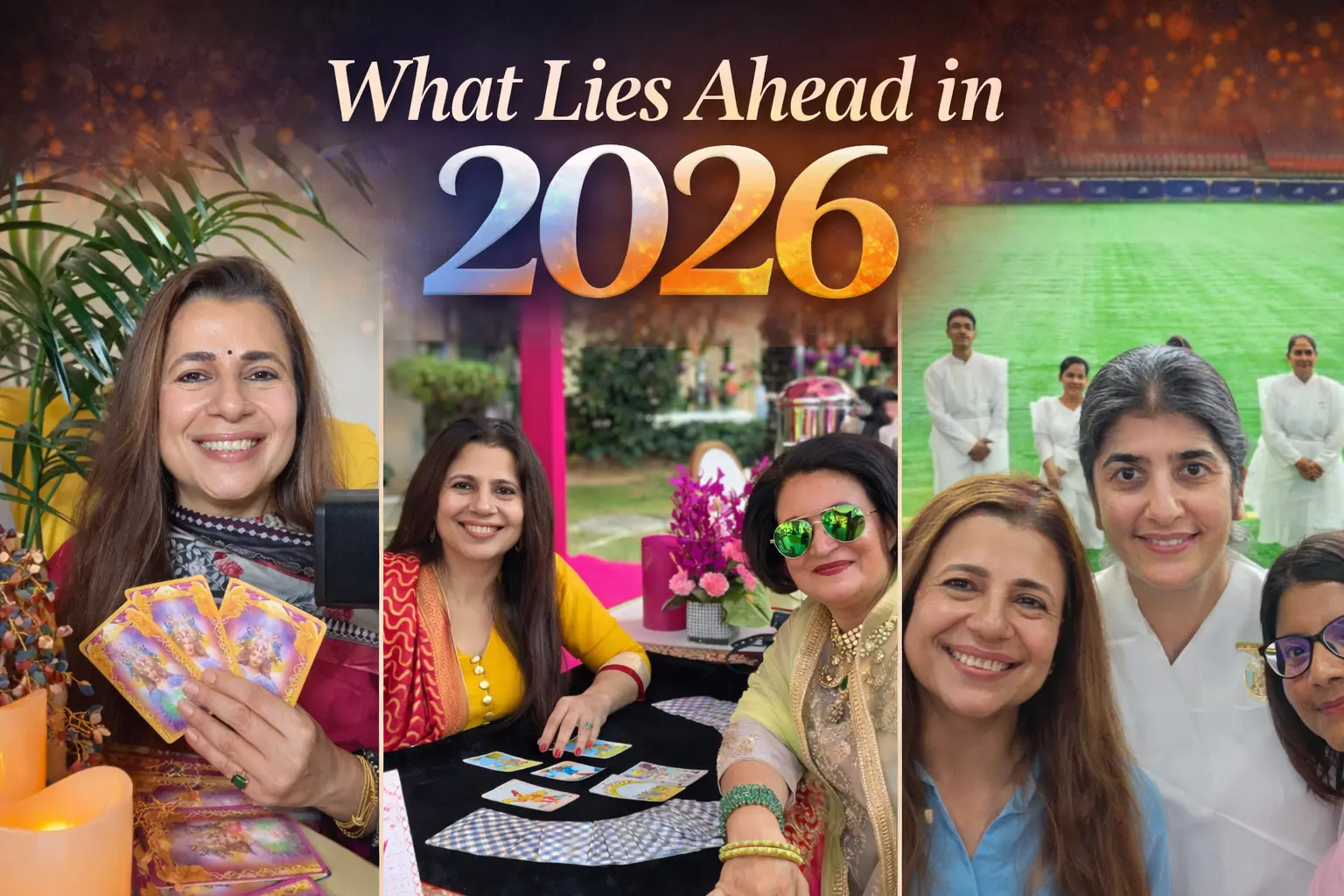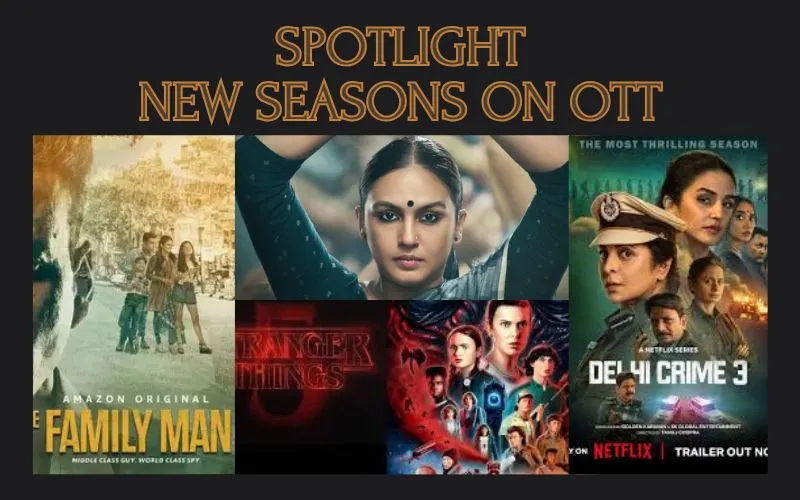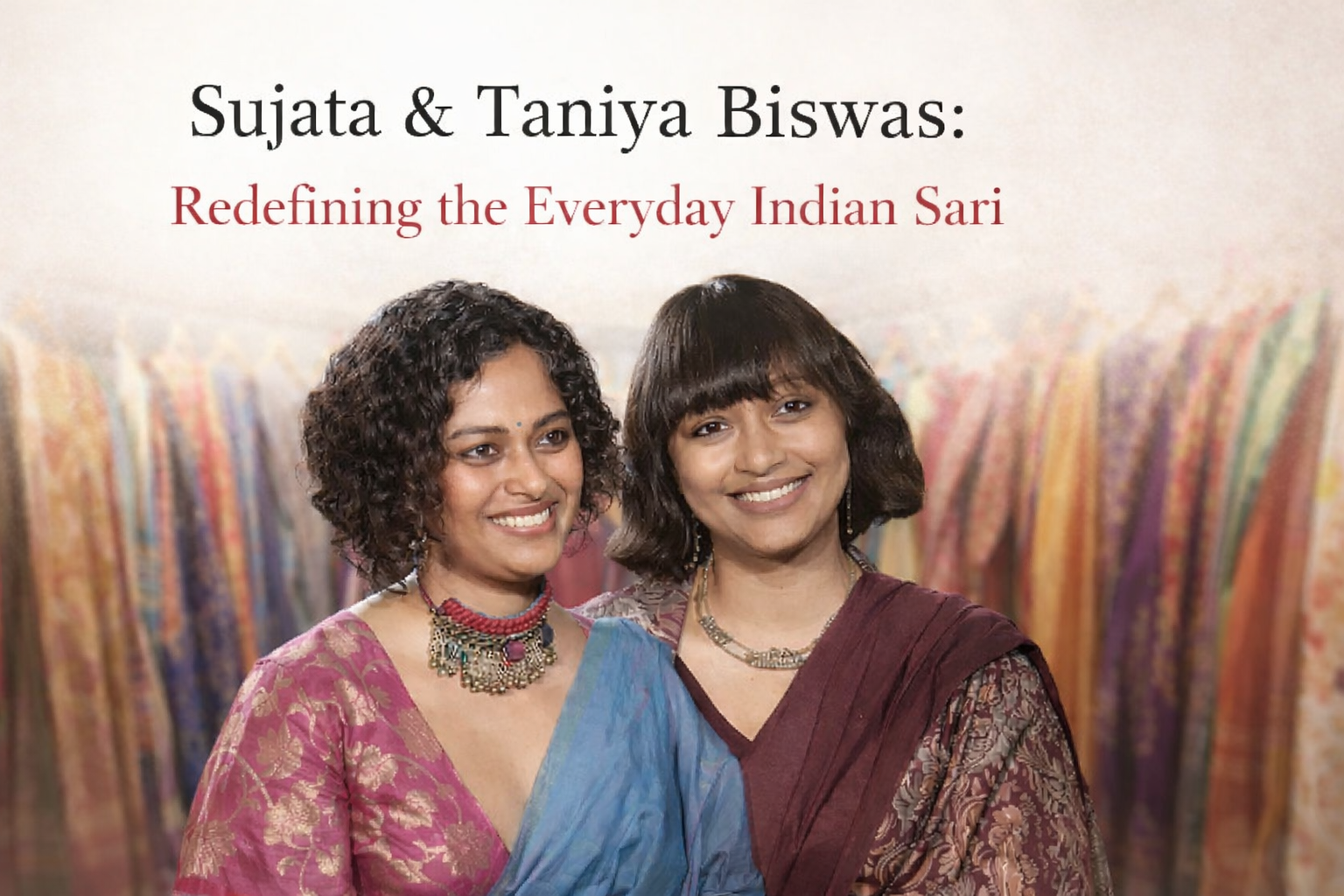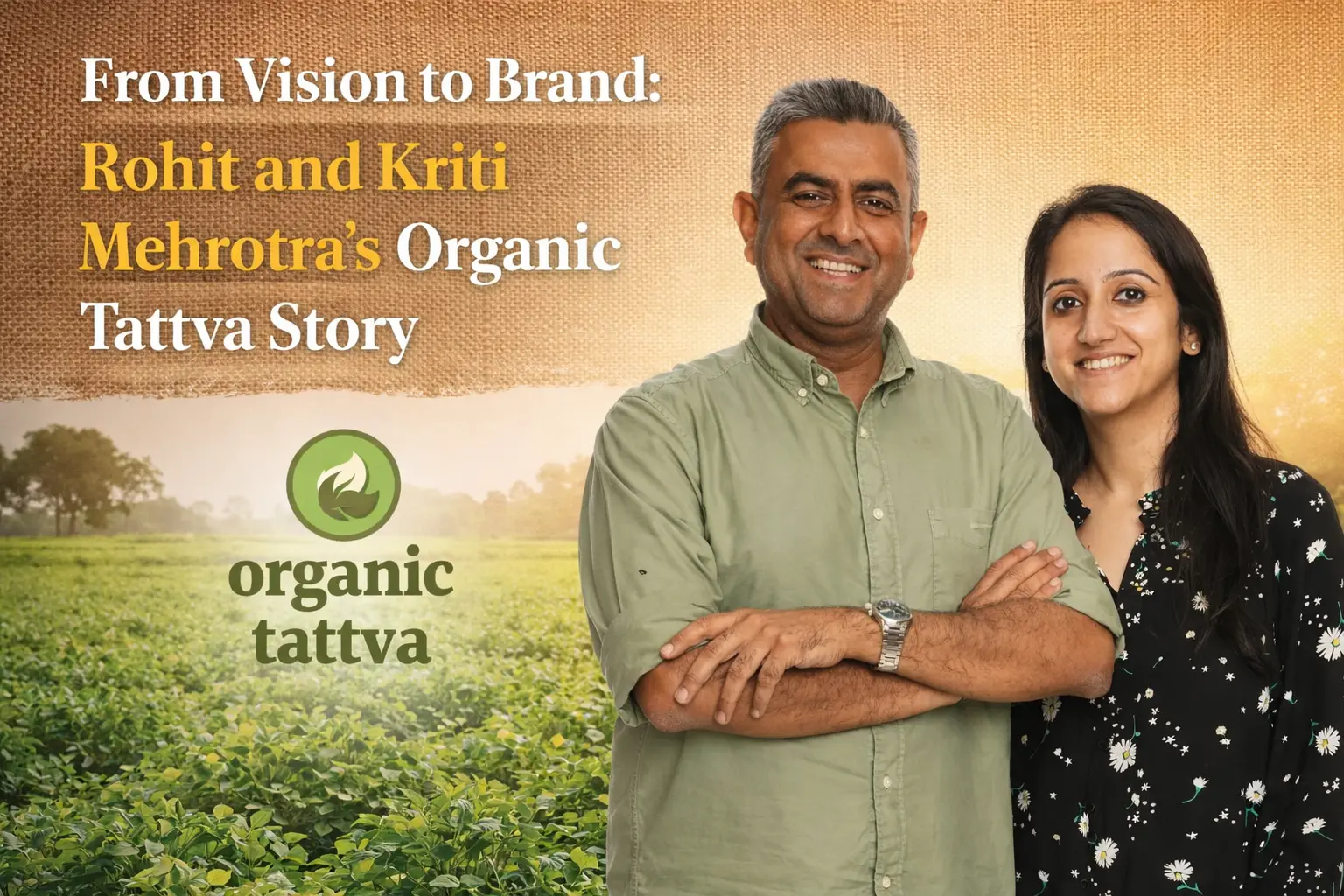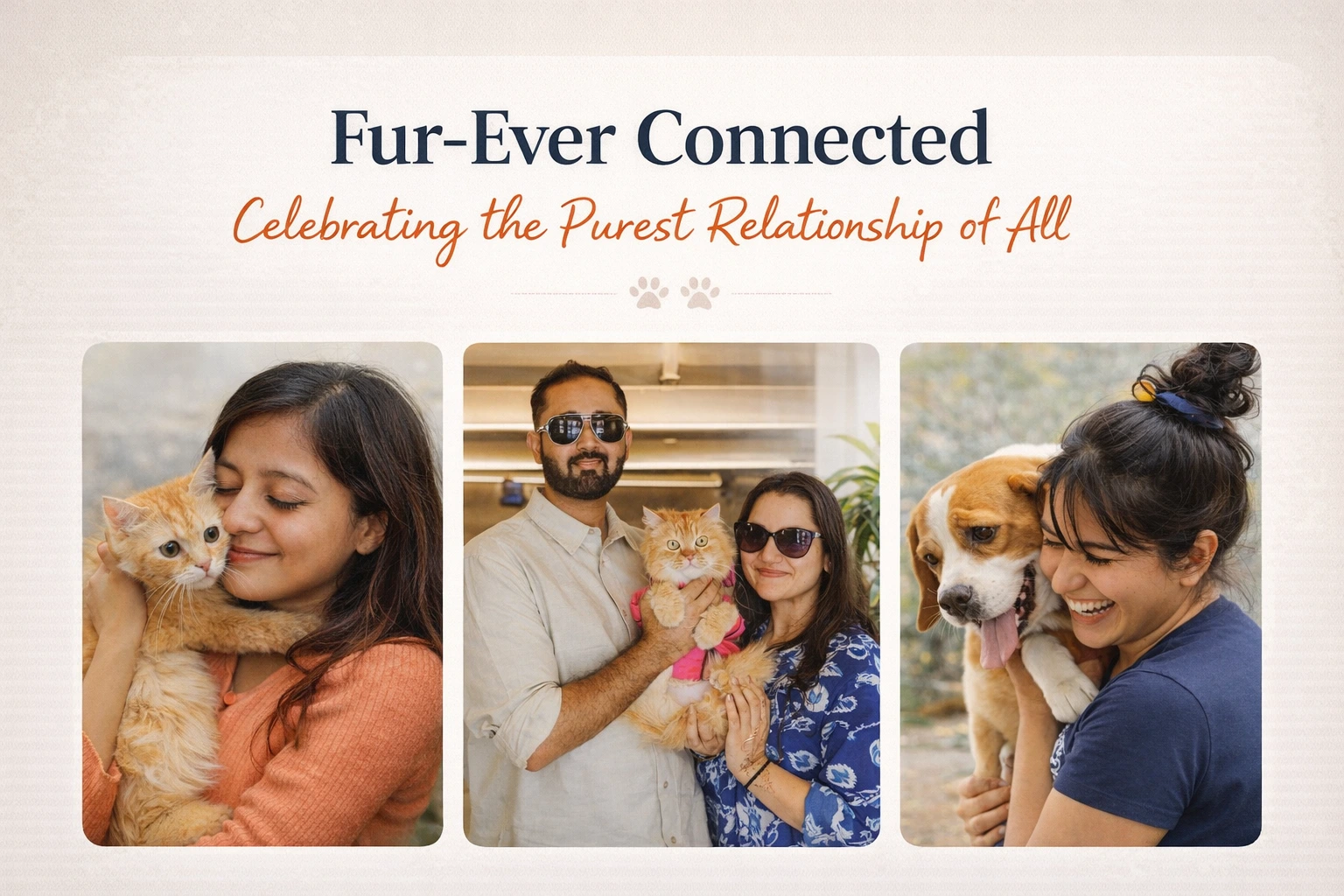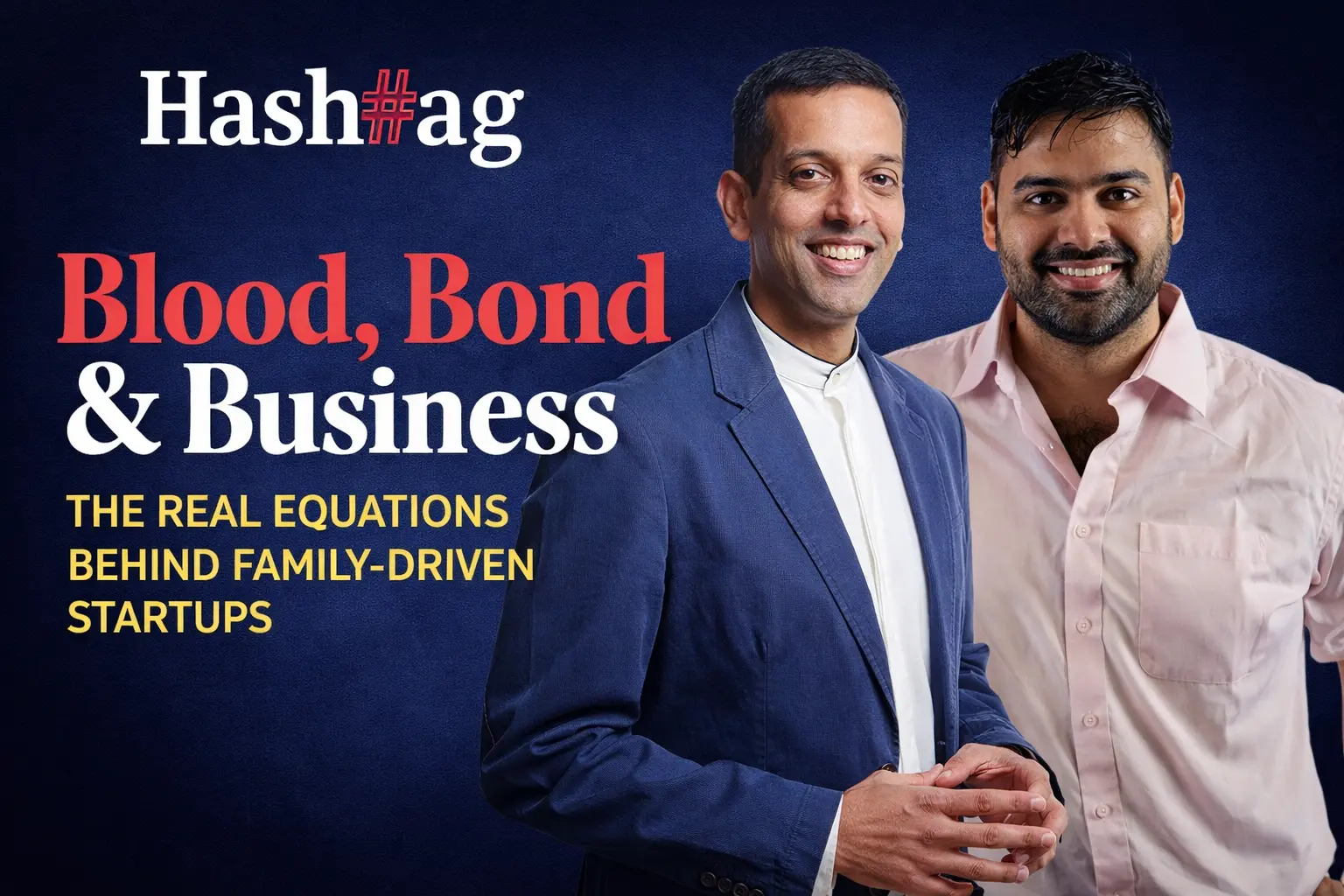In today’s evolving landscape of relationships, the concept of “Friends with Benefits” (FWB) has gained significant attention. Often depicted in popular culture as casual, no-strings-attached encounters, FWBs have become a subject of fascination and debate. But are they blurring the lines between friendship and romance, leading to a new kind of “best friends forever” (BFF) relationship? Mehak Walia delves into this intriguing topic and explores the evolving dynamics of modern connections.

The Emergence of FWBs:
Let’s get one thing straight, FWBs relationships haven’t just emerged suddenly, they have been around for quite some time. But, their visibility and acceptance have increased in recent years. The fast-paced nature of modern life, shifting societal norms, and the rise of dating apps have all contributed to the growth of this relationship style. Friends-with-benefits arrangements typically involve two individuals who are friends and engage in sexual activities without the commitment of a romantic relationship.

While FWBs primarily revolve around physical intimacy, the foundation of these relationships is often built on friendship. The partners involved share common interests, engage in conversations, and provide emotional support. This connection can blur the lines between friendship and romance, leading some to wonder if FWBs are indeed becoming the new BFFs. Although, one major aspect that distinguishes FWBs from traditional romantic relationships is the absence of romantic expectations. In many cases, FWBs provide a safe space for individuals to explore their sexuality without the pressure of long-term commitment. The lack of expectations allows for greater emotional intimacy, as partners can openly share their thoughts, fears, and dreams without the fear of judgment or the burden of traditional relationship obligations.

Furthermore, FWB relationships rely heavily on clear communication and mutual understanding. Unlike traditional friendships or romantic partnerships, FWBs require honest conversations about boundaries, expectations, and the potential for evolving feelings. This emphasis on communication fosters a deeper understanding between the involved parties and allows them to maintain a strong connection while respecting each other’s autonomy. With the rise of FWBs, the lines between friendship and romance have indeed become more nuanced. Some argue that the emotional and physical intimacy shared in FWBs can create a bond resembling that of a BFF. The absence of societal expectations and the freedom to explore intimacy can strengthen the foundation of the friendship, leading to a deeper and more trusting connection.

But, what does the modern generation have to say about this transition? We spoke to some individuals who have participated or are participating in such relationships, to try and find out more.
Natasha Khanna, a 28-year-old cisgender woman believes that “FWB relations don’t always work, there are clichés everywhere but if you have an open channel of communication, it works perfectly. TBH, most of the time women just have to be mommies to men and handhold them through relationships, so being FWB works just fine for us. This is because it’s convenient, you’re not answerable to them, you can depend on them for support without committing to them and, of course, you can get sex on demand (at least most of the time). And sometimes I feel, some people are just not meant to be together, and if that’s the case and there’s sexual tension and chemistry, fayada uthao!”

Similarly, Jason, a 26-year-Old cisgender man exclaims, “I honestly think when you have great chemistry with a friend and a sexual tension to go with, why not make the most of it, in that moment? Such relationships are highly advantageous for everyone.”

On the other hand, Shreya Singh, a 24-year-Old bisexual woman strongly believes that “FWBs can be helpful, but I don’t think the bond is comparable to that of true friendships. Like, yes, I would love to cuddle and talk with my FWB but I would only let them into the point where I’d let my best friend in I believe that there’s still a difference, at least for me. I have seen other people integrate the two as well but to each their own.”
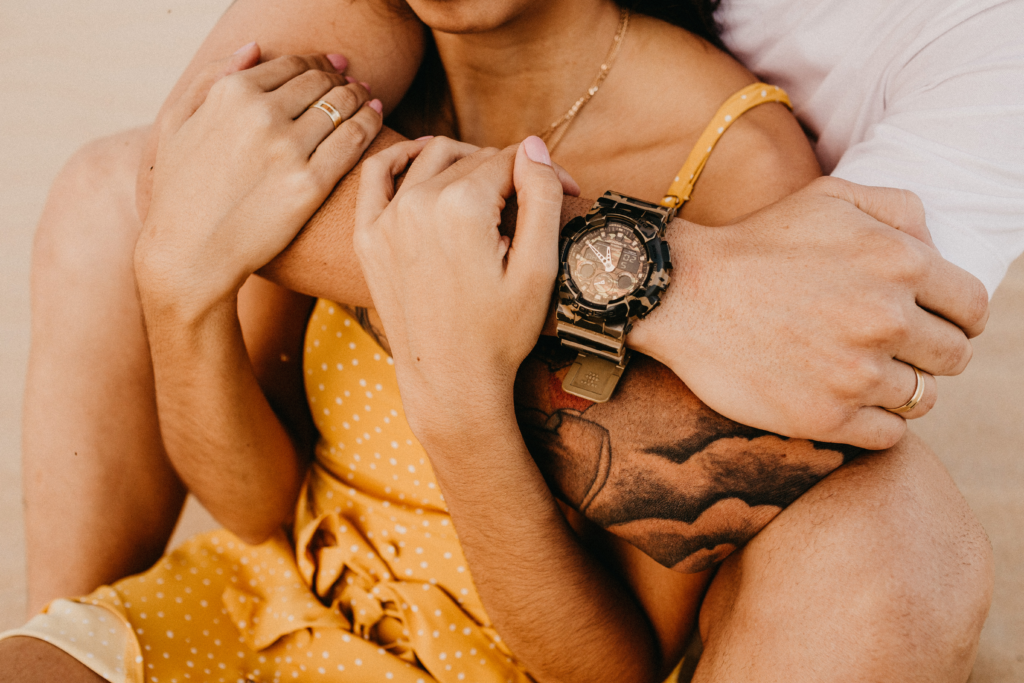
Meanwhile, Raghu Das, a 22-year-Old gay man adds, “I and my FWB have been friends and more for about 3 years now. It’s such a convenient and giving relationship because at the end of a hard day, you sometimes just want some calming sex or you just want your close friend to watch some movie with you and chill so you can trash talk your boss. Guess what? I get both of them in the same man minus expectations. How is that not amazing?”

Aisha Walia, a 20-year-old lesbian woman looks back at her own experience and recounts, “I was lucky enough to find my FWB in my best friend. She and I have grown up together and we just decided to experiment once and it stuck. We did have the decision to convert this into a relationship, but we were both scared of the complication that comes with it and decided just to nurture our friendship and remain FWBs. So, we do go out on dates with other people and bitch about them to each other and go out to shop or binge-watch shows but as a cherry on top, we also support each other sexually. It’s a plus, plus, plus!”

In a similar tone, Hargun Singhania, a 30-year-old cisgender man comments, “My FWB is one of the most important people in the world, for me. If I have a bad date, get screamed at, at home, or just have an awful day at work, she’s there for me and I’m there for her when she needs me too. But, we also help fulfil each other’s sexual needs and fantasies. It’s like the greatest thing ever because, at the end of the day, we don’t expect the other person to treat us differently, shop for us, propose to us, or anything cliché, it cuts all the absurdities that a relationship is usually filled with and leaves us with happiness, fun, support, and sex. What’s not to love?”

As FWBs continue to evolve, it remains to be seen whether they will become a new kind of BFF relationship. While some argue that the lack of commitment and expectations makes FWBs an ideal middle ground, others believe that the traditional BFF relationship is distinct and irreplaceable. Ultimately, the changing landscape of relationships calls for a broader understanding and acceptance of various connection styles, allowing individuals to define their unique paths. With their unique blend of friendship and physical intimacy, FWBs have undeniably challenged conventional notions of relationships and given birth to new connections to cherish for life and beyond.


